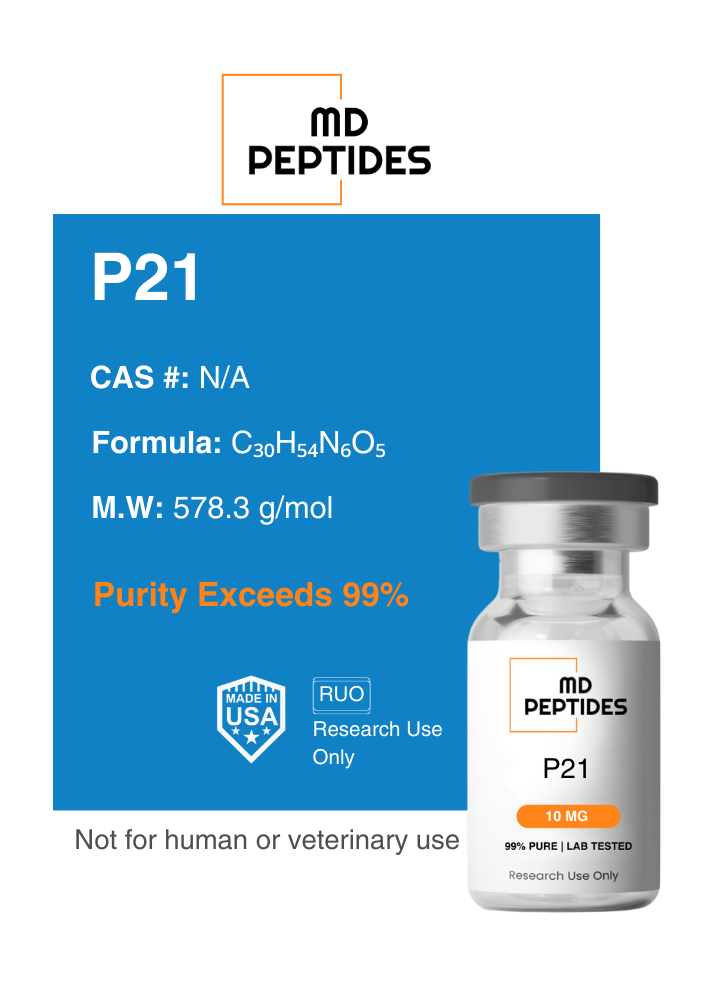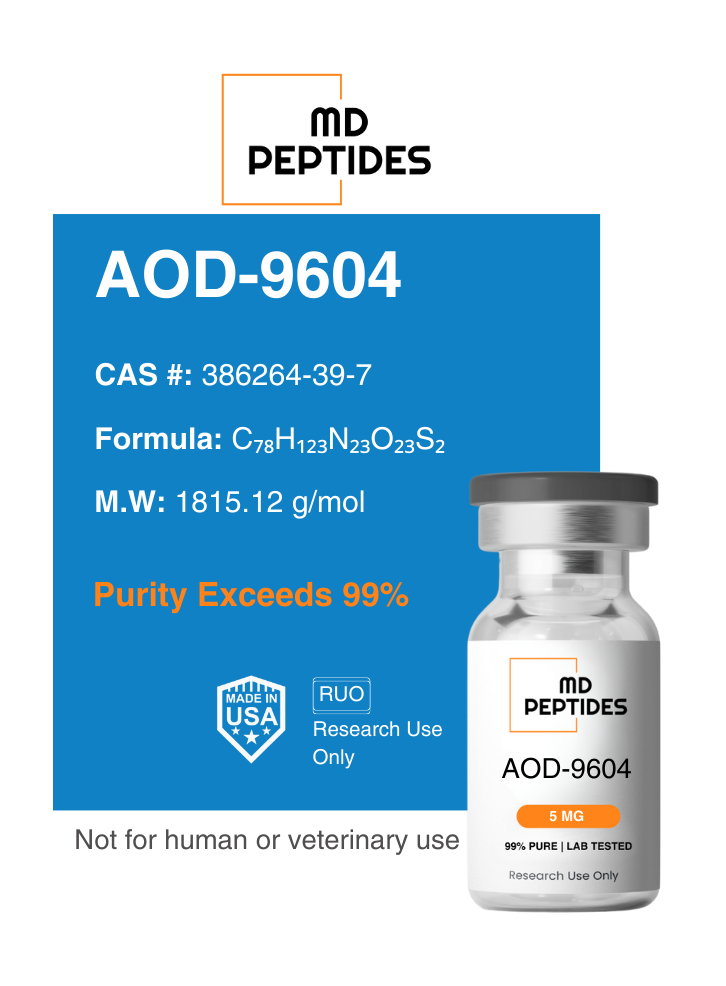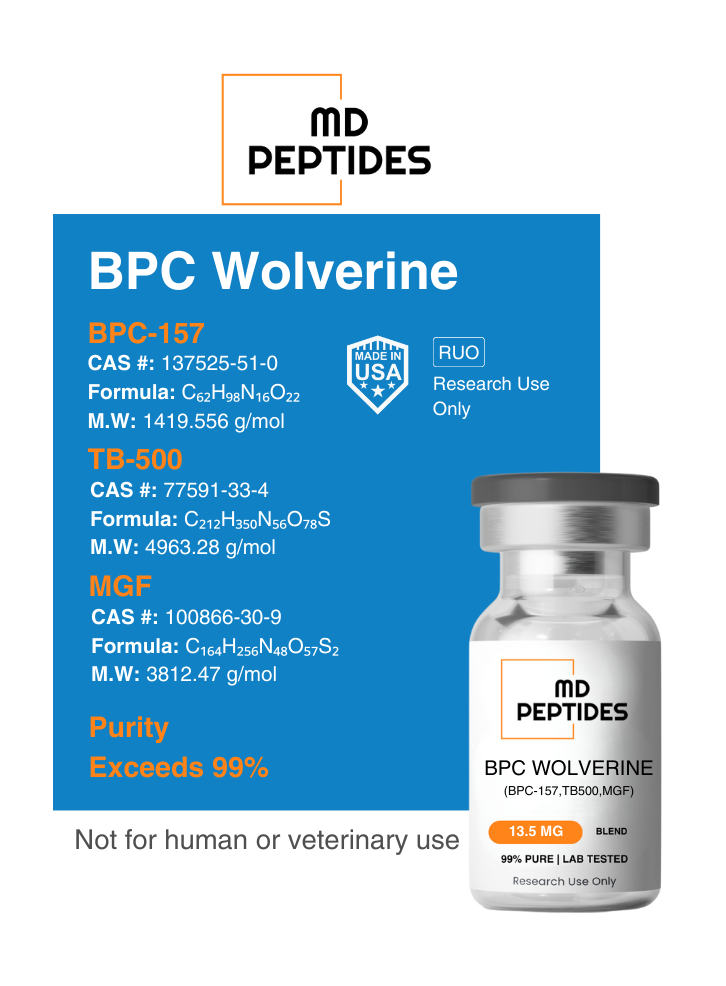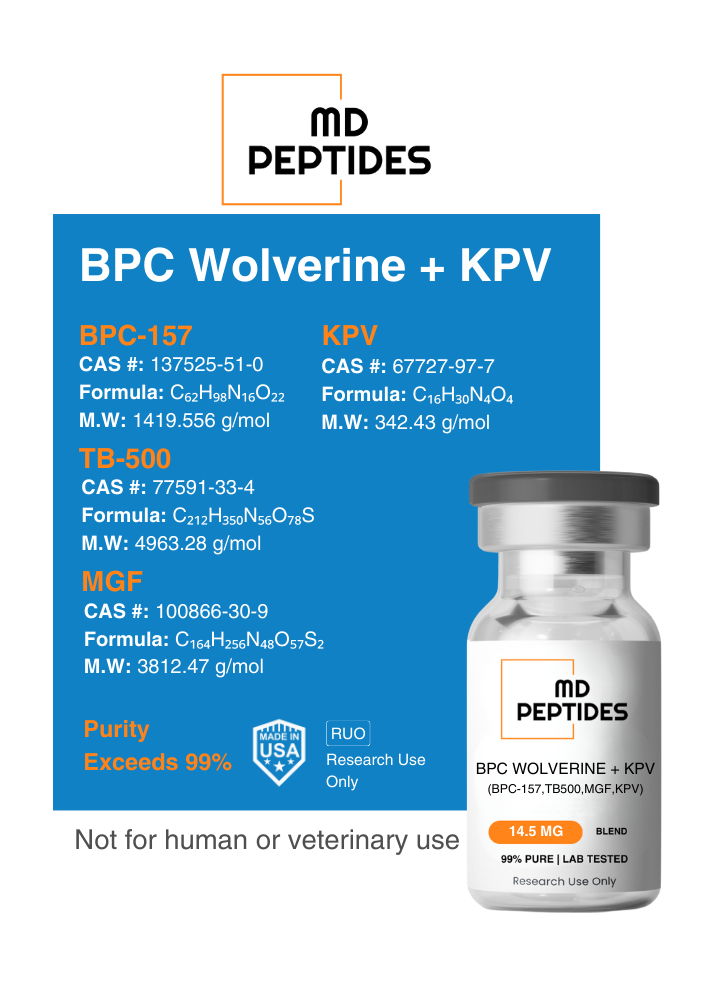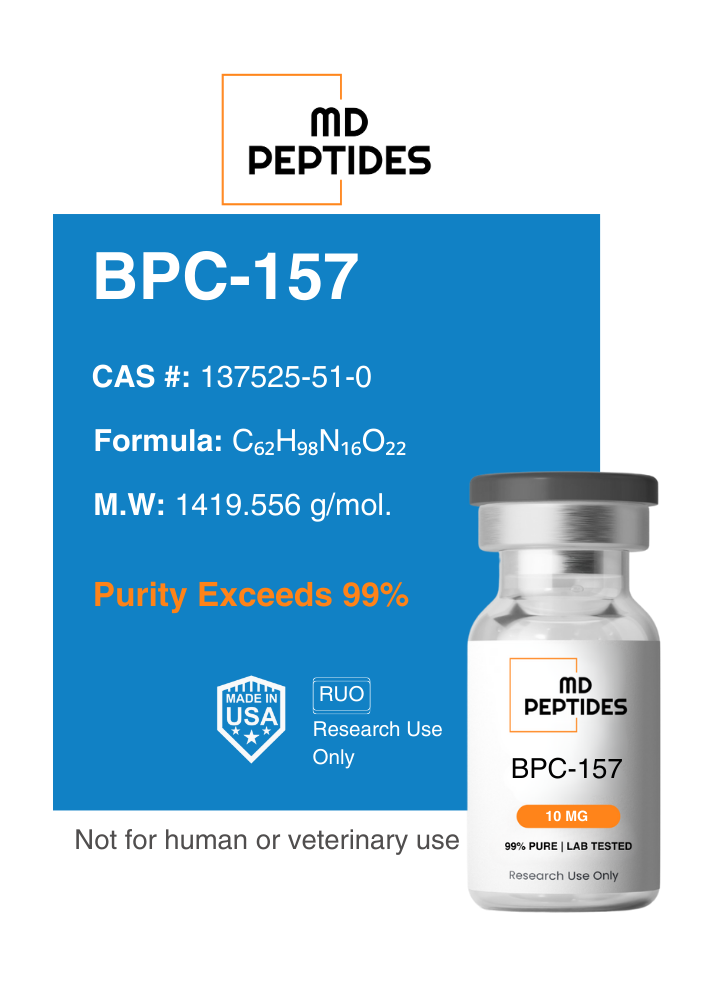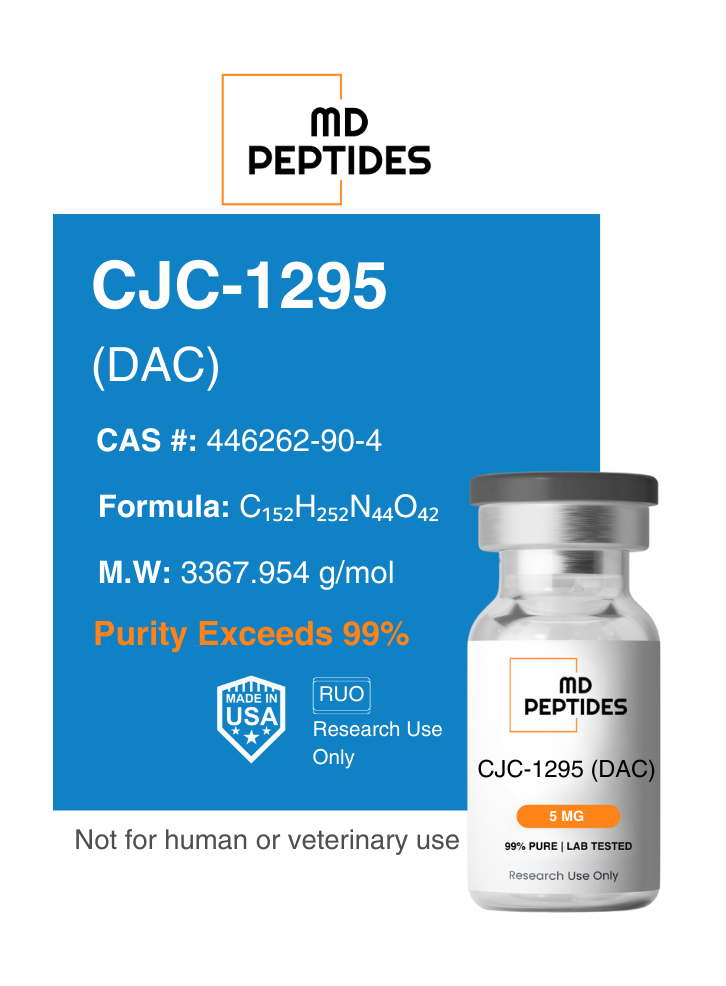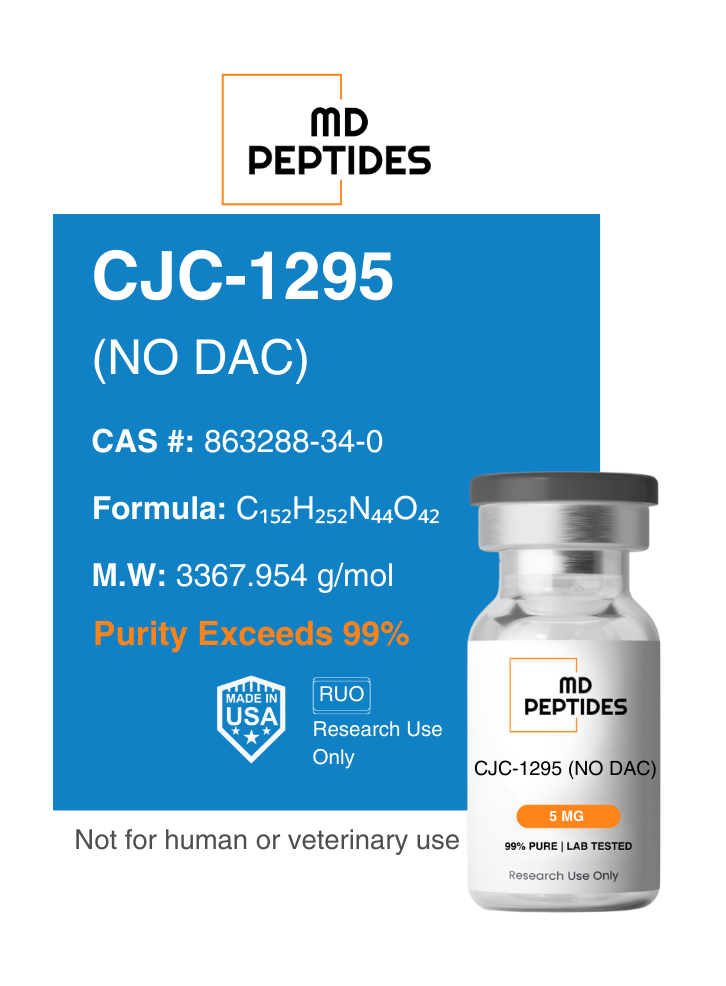P21 – 10mg
$50.00
P21 Peptide – Research-Grade Peptide for Cell Cycle and Cancer Studies
P21 Peptide, also known as cyclin-dependent kinase inhibitor 1A (CDKN1A), plays a key role in regulating cell cycle progression. It functions as a natural inhibitor that controls cell growth and apoptosis. Researchers study the P21 peptide for its potential influence on cell cycle arrest, cancer treatment, and cellular senescence.
Potential Research Applications
P21 peptide is being explored for:
- Cell Cycle Regulation: Studied for its role in halting cell division, crucial for tumor suppression and cell cycle regulation.
- Cancer Research: Investigated for its ability to inhibit uncontrolled cell proliferation, making it valuable in anti-cancer studies.
- Cellular Senescence: Explored for its effects on cell aging and programmed cell death.
- Molecular Biology: Used to understand the mechanisms behind cell cycle regulation and p53 pathway interactions.
- Drug Development: Employed to investigate potential therapeutic interventions targeting cell cycle dysregulation.
✔ High-Quality Research Compound – Manufactured under strict quality control for reliable results.
✔ Lab-Tested for Consistency – Independently verified to ensure accurate, reproducible findings.
✔ For Research Use Only – Not for human consumption or clinical application.
The peptides are available for research and laboratory purposes only. Please review and ahere to our Terms and Conditions before ordering.
- Description
- Certificate of Analysis
P21 is a protein encoded by the CDKN1A gene. It plays a critical role in regulating the cell cycle, particularly controlling the progression from one phase to the next. As a cyclin-dependent kinase inhibitor, P21 blocks the activity of cyclin-CDK2 or cyclin-CDK4 complexes.
These complexes are responsible for the transition from the G1 phase to the S phase of the cell cycle. This inhibition helps prevent uncontrolled cell division, making P21 essential for cell growth and tumor suppression.
P21 is often activated in response to DNA damage or stress signals, such as oxidative stress, UV radiation, and oncogene activation. It functions as a key component of the p53 signaling pathway, a major regulator of the cell cycle and apoptosis.
When DNA damage occurs, p53 activates and upregulates P21. This leads to cell cycle arrest, allowing the cell time to repair its DNA before proceeding with division. If the damage is severe, P21-mediated arrest can lead to apoptosis, or programmed cell death.
In addition to regulating the cell cycle, P21 influences other cellular processes like apoptosis, differentiation, and senescence. Researchers have investigated its activity in aging, cancer, and degenerative diseases. P21 also plays a role in maintaining cellular homeostasis and preventing mutations that could lead to tumors.
In research, scientists use P21 as a marker for cellular responses to DNA damage or stress. They are also exploring P21 in cancer therapies, as regulating its expression can affect cancer cell growth and survival. However, P21’s role in different tissues and conditions remains complex, and further studies are needed to fully understand its potential in modulating activity.
No Certificate of Analysis images available for this product.

